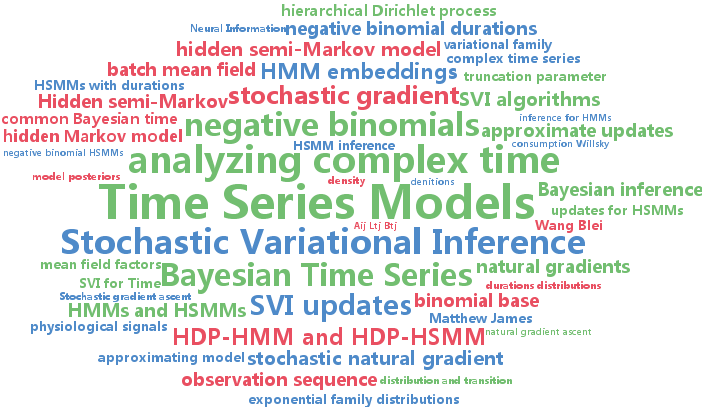natural gradient ascent
-
Philip Thomas
GeNGA: A Generalization of Natural Gradient Ascent with Positive and Negative Convergence Results (pdf)
Natural gradient ascent (NGA) is a popular optimization method that uses a positive definite metric tensor. In many applications the metric tensor is only guaranteed to be positive semidefinite (e.g., when using the Fisher information matrix as the metric tensor), in which case NGA is not applicable. In our first contribution, we derive generalized natural gradient ascent (GeNGA), a generalization of NGA which allows for positive semidefinite non-smooth metric tensors. In our second contribution we show that, in standard settings, GeNGA and NGA can both be divergent. We then establish sufficient conditions to ensure that both achieve various forms of convergence. In our third contribution we show how several reinforcement learning methods that use NGA without positive definite metric tensors can be adapted to properly use GeNGA.
-
Matthew Johnson and Alan Willsky
Stochastic Variational Inference for Bayesian Time Series Models (pdf)
Bayesian models provide powerful tools for analyzing complex time series data, but performing inference with large datasets is a challenge. Stochastic variational inference (SVI) provides a new framework for approximating model posteriors with only a small number of passes through the data, enabling such models to be fit at scale. However, its application to time series models has not been studied. In this paper we develop SVI algorithms for several common Bayesian time series models, namely the hidden Markov model (HMM), hidden semi-Markov model (HSMM), and the nonparametric HDP-HMM and HDP-HSMM. In addition, because HSMM inference can be expensive even in the minibatch setting of SVI, we develop fast approximate updates for HSMMs with durations distributions that are negative binomials or mixtures of negative binomials.

